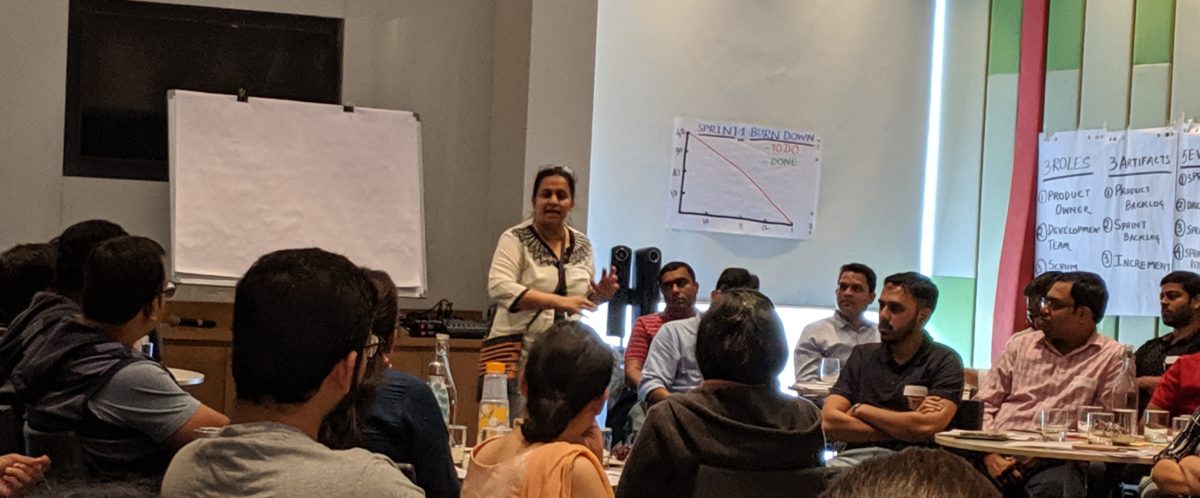DevOps (a clipped compound of “software DEVelopment” and “information technology OPerationS”) is a term used to refer to a set of practices that emphasize the collaboration and communication of both software developers and information technology (IT) professionals while automating the process of software delivery and infrastructure changes.

It aims at establishing a culture and environment, where building, testing, and releasing software can happen rapidly, frequently, and more reliably.
DevOps isn’t a framework or methodology in and of itself. It doesn’t stand alone. DevOps adopts and leverages multiple frameworks and philosophies such as Agile, Lean and ITSM. DevOps is benefitted tremendously from the work the Agile community has done, showing how small teams, operating with high-trust, small batch sizes with smaller, more frequent software releases, can dramatically increase the productivity of development organizations. DevOps applies Lean principles such as increasing flow and reducing waste to the IT value stream. DevOps requires agile service management processes to remove bottlenecks and achieve faster lead and cycle times. By adopting and adapting practices from multiple frameworks we generate more productivity and economic value for the business.
This series of Blog Posts will address the various myths associated with DevOps and will attempt to address them.
